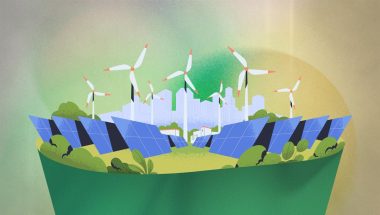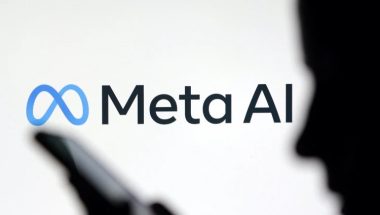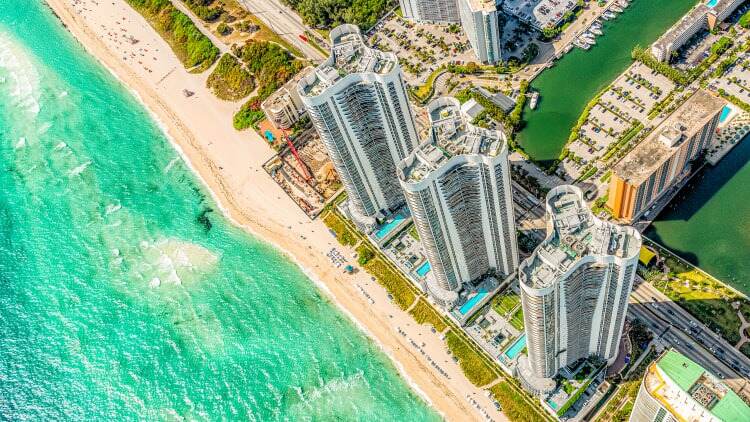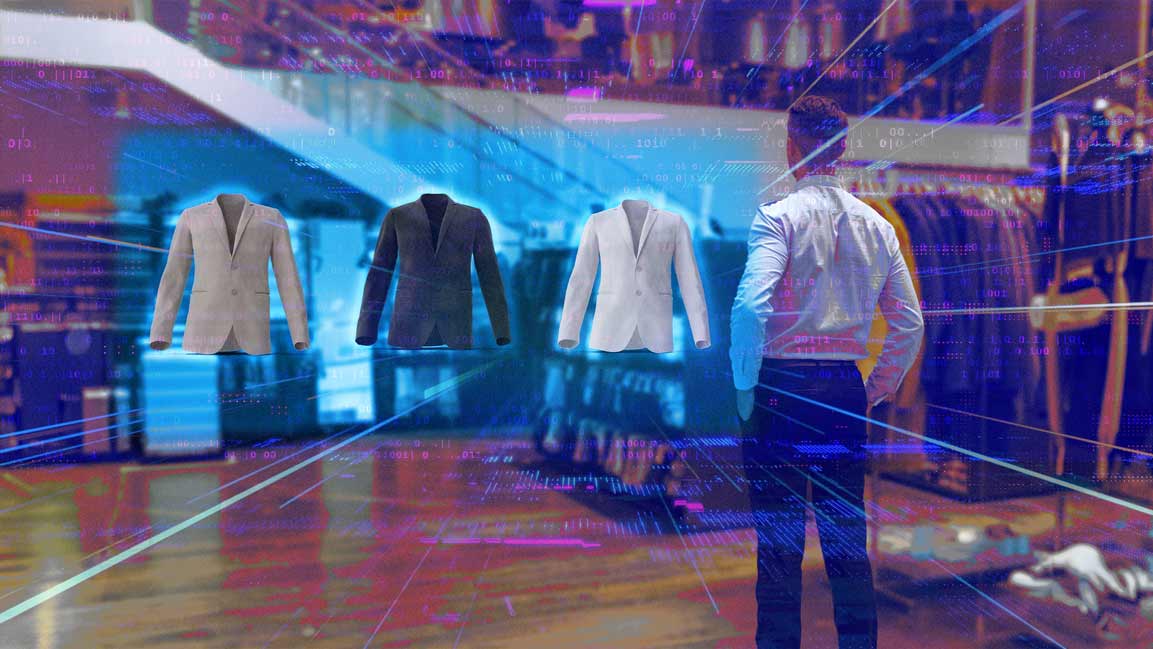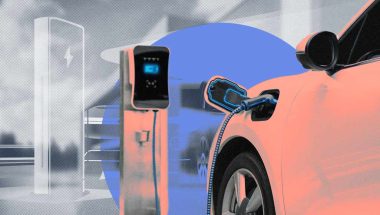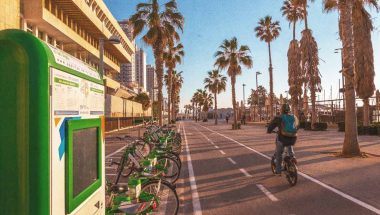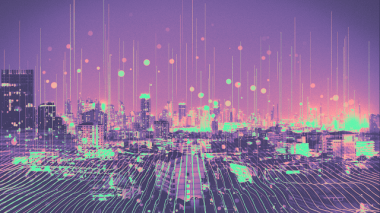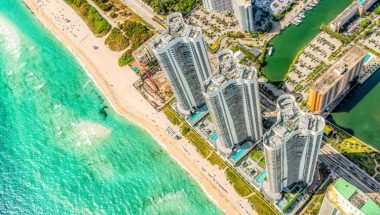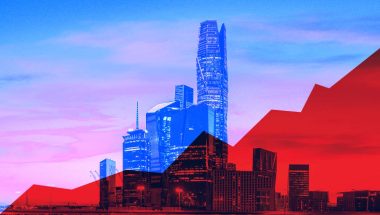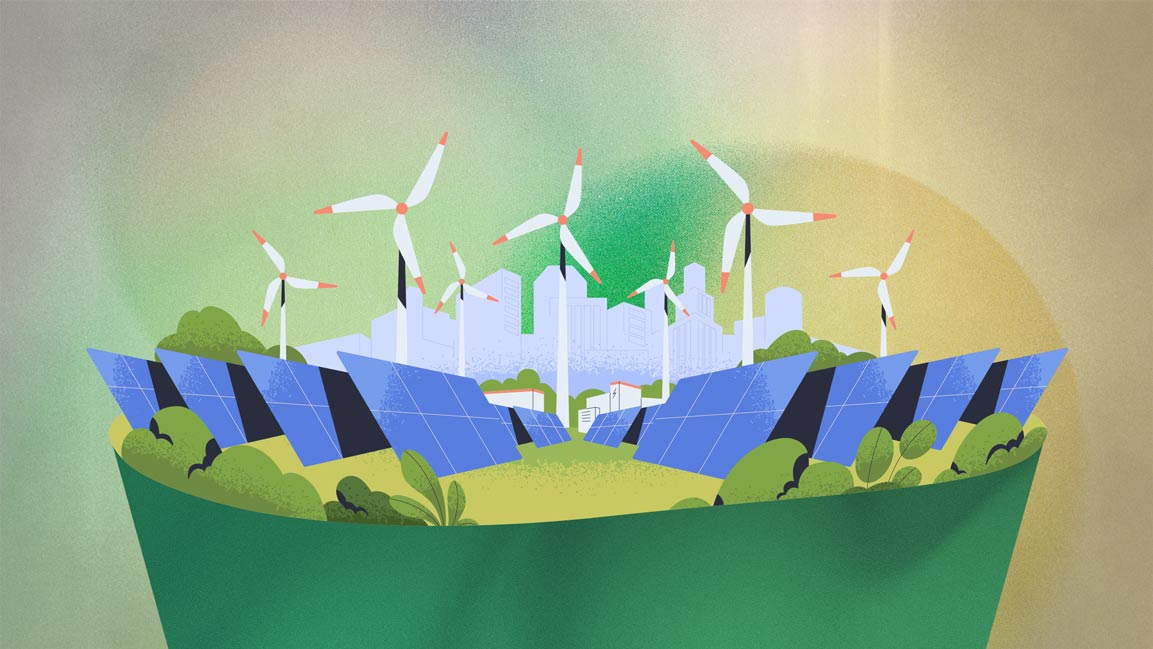- | 9:00 am
Lebanon’s economic crisis is pushing solar adoption—for those who can afford it
Rooftop solar panels are gaining popularity as the country faces prolonged power cuts and higher fuel prices
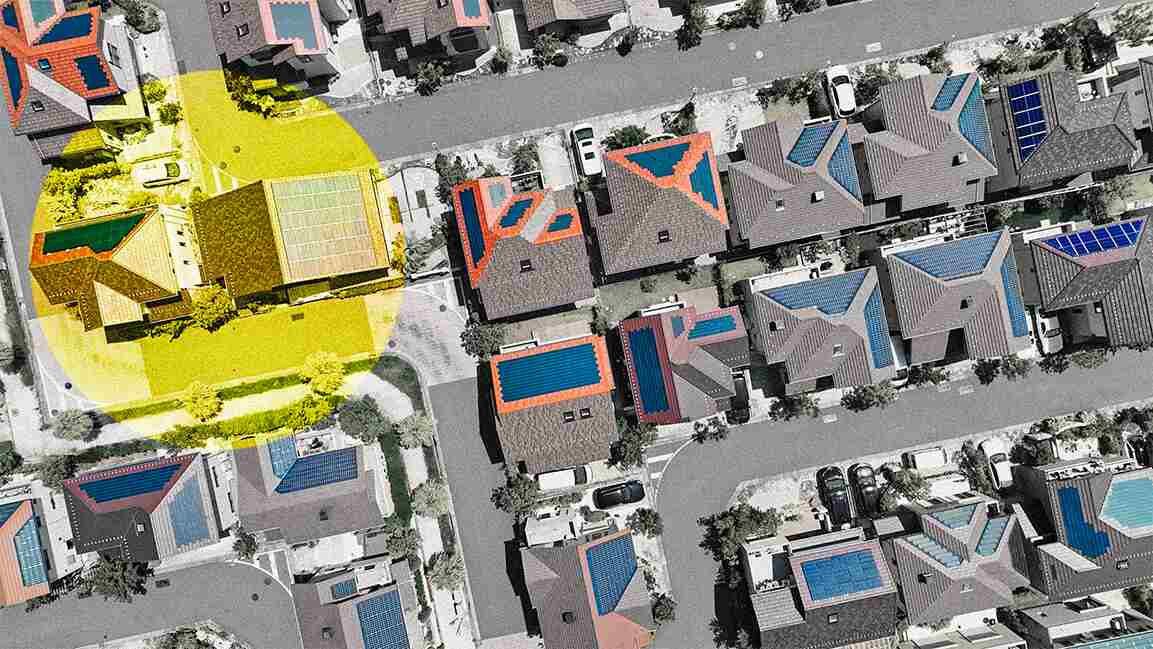
Ali Mrad, a football fan, no longer worries about missing a match. Prolonged power cuts that last several days and erratic schedules of private generators are behind him since he started relying on solar energy.
“I had enough of power cuts, and I had enough of being enslaved by the private generators’ owners who felt free to increase the subscription cost and reduce the hours they provided electricity. So, I decided not to depend on any!” says Mrad.
With more than ten solar panels installed on the roof of his apartment, two inverters, and three lithium batteries, the endeavor proved costly for the 66-year-old medical doctor.
“It was quite an expensive move, but worthwhile in the long term,” Mrad says, adding, “At least I have my peace of mind. I don’t care when the public electricity is on or off; I don’t have to depend on the whims of private generator owners. I have 300 days of sunshine a year, and I would no longer miss any football match!”
Mrad is among tens of thousands of Lebanese who have turned to photovoltaic (PV) solar energy since October 2019, when the country became mired in an acute economic and financial crisis that has seen the Lebanese pound lose more than 95% of its value against the dollar.
With the public electricity company EDL supplying a few hours of electricity daily and the fuel price for generators rising steadily, shifting to solar power became the best option if they could afford imported solar installations.
Industry professionals say solar installations have exploded in the past few years. Nadim Makhoul, a partner in Aquarius, a company that installs photovoltaic systems, noted that before the crisis, people were not keen on solar-generated energy.
DEMAND FOR SOLAR ENERGY
“One had to work hard to convince them to shift to solar although banks were giving out green loans at low-interest rates,” Makhoul says.
“That was because the government provided subsidized fuel and electricity; besides, there was no pressing need. But when Lebanon plunged into a blackout and the fuel price to operate generators skyrocketed, it resulted in a solar boom. Lebanon became the biggest importer of solar energy installation equipment globally.”
Makhoul noted that going solar is now mainstream. “Even people with limited income want to install panels because the generator bill swallows their wages. They use small systems to keep the lights on and the fridge running. Businesses and factories, on the other hand, businesses and factories install large systems to save money with the ever-increasing fuel price.”
The soaring demand for solar energy was seen as a lucrative opportunity for investors. According to Makhoul, there are hundreds of photovoltaic players in the local market today, compared with around 150 in 2020.
“Anyone with some capital started trading in solar energy… it was like investing in gold. You can find all kinds of traders on the market, be they qualified or not, as well as different equipment quality,” Makhoul adds.
Lebanon went from generating zero solar power in 2010 to having more than 1000 megawatts in terms of installation capacity in June 2023. However, the major boom happened in 2022 when 663 megawatts of solar renewable energy capacity was created, according to Pierre Khoury, Director of the Lebanese Center for Energy Conservation (LCEC), affiliated with the energy ministry.
“Lebanon is definitely on the path of transiting to renewable energy. In 2022, we reached 20% of the overall demand for electricity in Lebanon from renewable energy, and our objective is to exceed 30% in 2030,” Khoury says.
He said the Ministry of Energy had adopted new policies aimed at encouraging the public to shift to renewable energy, including the removal of subsidized fuel and raising public electricity bills by almost tenfold; tax exemption on equipment needed for the installation of solar energy and allowing the installation of solar panels on the roofs of buildings and houses.
“A decentralized energy law was also submitted to parliament allowing the creation of solar energy parks between the different regions,” adds Khoury.
The security of solar power supply, which has become the cheapest source of electricity now compared to conventional energy sources that use diesel fuel, is the main reason for switching to solar, according to Khoury, who estimated that the burgeoning solar market has created between 5000 and 6000 new jobs in the past two years.
He notes, however, that most of the shift to renewable solar energy is taking place in the private sector, mainly by individuals, residential and private businesses, and industries.
The government has signed contracts with the private sector to install a solar park with a capacity of 165 megawatts. “We are currently seeking the financing for this project. We have a delay until May 2024 to secure the funds,” says Khoury.
CHANGE IN CONSUMPTION HABITS
Conversion to solar energy implied a change in consumption habits, as people managed their schedules according to the sun.
“I make sure that the washing machine and water heater are turned on when the sun is at its strongest,” says Mrad. “I have replaced the bulbs in the house with LED ones, which consume little power, and I turn off the lights that I don’t need to get the most out of the sun.”
For him, turning to solar was “a resurrection” and a return to forgotten normal life. “It may be expensive, but in the long term, it pays for itself. I’ve done my calculations, and instead of spending money on the generator, I save money,” he adds.









